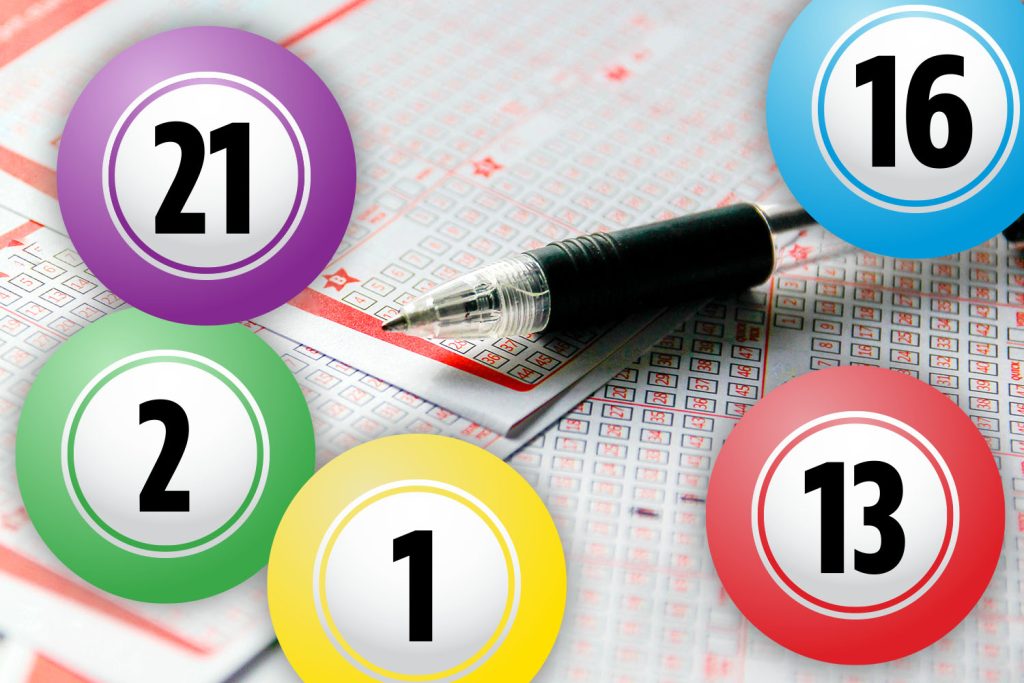The allure of the lottery lies in the dream of instant riches, a dream fueled by the tantalizingly small, yet ever-present, possibility of winning. However, beneath the surface of random chance, statistical analysis reveals intriguing patterns in the frequency with which certain numbers appear. While these patterns offer no guarantee of predicting future draws, they provide a fascinating glimpse into the seemingly chaotic world of lottery numbers. Studies analyzing lottery data spanning decades have identified both “lucky” and “unlucky” numbers, sparking debate about whether these trends represent meaningful deviations from pure randomness or simply statistical noise.
The number 13, often associated with superstition and bad luck, holds the dubious distinction of being the least frequently drawn number in the history of the lottery, appearing only 358 times. Joining this unfortunate number in the “unlucky” category are 16, 1, 2, 21, 41, 26, 15, 20, and 46. On the opposite end of the spectrum, the number 38 reigns supreme as the most frequently drawn number, boasting 451 appearances. Other “lucky” numbers include 23, 31, 11, 45, and 33. It’s important to note, however, that the difference in frequency between the most and least drawn numbers is relatively small, suggesting that the impact on the overall odds of winning is minimal. The introduction of numbers 50-59 in 2015 further complicates the analysis, as these newer additions have naturally been drawn fewer times.
While statistical analysis might reveal intriguing patterns, the fundamental nature of the lottery remains rooted in probability. The odds of winning the jackpot are staggeringly low, often compared to the likelihood of being struck by lightning. Before the addition of the 50-59 range, the odds stood at approximately one in 11 million. Despite these daunting odds, mathematicians have devised complex systems aimed at increasing the chances of winning, albeit at a significant cost. One such system, proposed by mathematicians David Cushing and David Stewart, involves a 27-ticket combination that purportedly guarantees a win by covering all possible number combinations. However, the cost of implementing this system often outweighs the potential winnings, rendering it financially impractical.
The story of Ray and Barbara Wragg, a couple who won £7.6 million in the National Lottery, offers a heartwarming counterpoint to the often-discussed financial implications of lottery wins. Instead of indulging in personal extravagance, the Wraggs chose to use their winnings for philanthropic endeavors, transforming themselves into local benefactors and earning recognition for their generosity. Their story underscores the potential for lottery winnings to not only change individual lives but also to positively impact entire communities. This exemplifies that the impact of a lottery win can extend far beyond mere financial gain, demonstrating the power of generosity and community spirit.
The pursuit of a lottery win, while statistically improbable, continues to captivate millions. The fascination lies not only in the potential for financial freedom but also in the inherent human desire to defy the odds. Whether one chooses to analyze historical data, employ complex mathematical systems, or simply rely on random selection, the underlying reality remains that the lottery is a game of chance. The “lucky” and “unlucky” numbers, while interesting from a statistical perspective, ultimately offer no guarantee of success. The true value of engaging with the lottery, perhaps, lies not in the expectation of winning but in the shared dream and the momentary escape from the mundane.
In conclusion, the analysis of lottery numbers reveals intriguing patterns in their frequency of appearance, leading to the identification of both “lucky” and “unlucky” numbers. However, it’s crucial to remember that these patterns have minimal impact on the overall odds of winning, which remain astronomically low. While complex systems designed to improve chances of winning exist, their cost often outweighs potential gains. The story of the Wraggs highlights the positive impact lottery winnings can have when channeled towards philanthropy. Ultimately, the enduring appeal of the lottery stems from the dream of defying the odds and the shared human experience of hoping for a stroke of good fortune.











